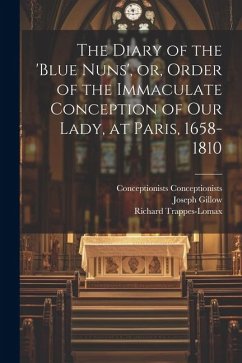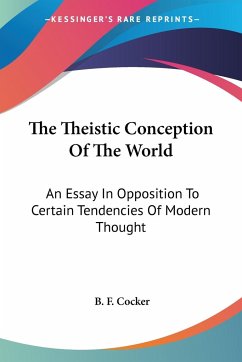
The German Conception of History

PAYBACK Punkte
14 °P sammeln!
This is the first comprehensive critical examination in any language of the German national tradition of historiography. It analyzes the basic theoretical assumptions of the German historians of the nineteenth and twentieth centuries and relates these assumptions to political thought and action. The German national tradition of historiography had its beginnings in the reaction against the Enlightenment and the French Revolution of 1789. This historiography rejected the rationalistic theory of natural law as universally valid and held that all human values must be understood within the context ...
This is the first comprehensive critical examination in any language of the German national tradition of historiography. It analyzes the basic theoretical assumptions of the German historians of the nineteenth and twentieth centuries and relates these assumptions to political thought and action. The German national tradition of historiography had its beginnings in the reaction against the Enlightenment and the French Revolution of 1789. This historiography rejected the rationalistic theory of natural law as universally valid and held that all human values must be understood within the context of the historical flux. But it maintained at the same time the Lutheran doctrine that existing political institutions had a rational basis in the will of God, though only a few of these historians were unqualified conservatives. Most argued for liberal institutions within the authoritarian state, but considered that constitutional liberties had to be subordinated to foreign policy - a subordination that was to have tragic results.Mr. Iggers first defines Historismus or historicism and analyzes its origins. Then he traces the transformation of German historical thought from Herder's cosmopolitan culture-oriented nationalism to exclusive state-centered nationalism of the War of Liberation and of national unification. He considers the development of historicism in the writings of such thinkers as von Humboldt, Ranke, Dilthey, Max Weber, Troeltsch, and Meinecke; and he discusses the radicalization and ultimate disintegration of the historicist position, showing how its inadequacies contributed to the political d¿cle of the Weimar Republic and the rise of National Socialism. No one who wants to fully understand the political development of national Germany can neglect this study.













